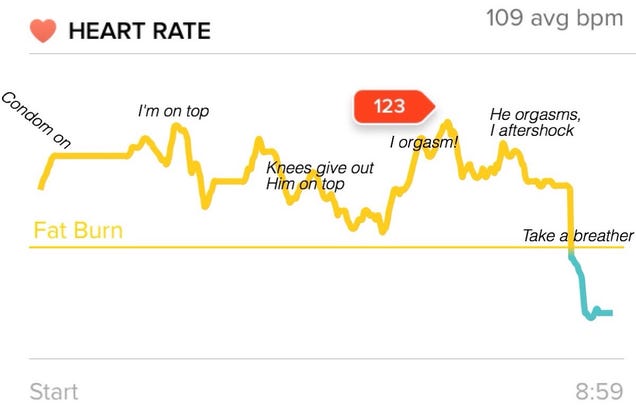The smartphone market is largely dominated by Android and iOS, dividing smartphone users into two camps: those who stick with the Android operating system and those who use Apple's iPhones.
Major players in the smartphone market like Apple, Google, and Samsung all aim to lure "switchers" with
dedicated websites and
tools for switching platforms, but new data from Consumer Intelligence Research Partners [
PDF] suggests getting loyal smartphone users to change operating systems is a tough task.
Over the course of the last two years, from 3Q 2013 to 2Q 2015, CIRP has learned that Android and Apple have both retained users at approximately the same rate, with Google having a slight edge. When choosing a new phone, 82 percent of Android users stuck with Android, and 78 percent of iOS users chose to continue using an iPhone.

The data also suggests that Apple users switched over to Android at a slightly higher rate. 20 percent of new Android users previously had an iPhone, while 16 percent of new iOS users previously had an Android device. Customers purchasing their first smartphone were more likely to choose Android devices, with 62 percent of first time buyers picking Android and 24 percent of picking iOS.
"The dynamic between Apple iOS and Google Android is not well-understood," said Josh Lowitz, Partner and Co-Founder of CIRP. "Even the basic loyalty rate, the measure of how each operating system retains its own users, is not widely known. Conventional wisdom says the Apple 'ecosystem' promotes loyalty, while Android readily gives up users to iOS. Our analysis has a more nuanced view on operating system selection, and indicates Android user loyalty has caught up and even exceeds that of iOS."
Among customers who switched to a new mobile carrier at the same time as switching smartphones, the numbers were in Android's favor. 79 percent of Android users stuck with Android, while only 51 percent of iPhone users who swapped carriers chose an iPhone.

According to CIRP, switching from Android to iOS is more common when customers switch to AT&T or Verizon, while switching from iOS to Android is associated with a switch to T-Mobile or Sprint. CIRP attributes the high number of iPhone to Android switchers to T-Mobile and Sprint's "aggressive contracts and pricing."
Apple often talks about the number of users switching from Android to iOS during its earnings calls and events, but Android vendors, like Google and Samsung, rarely mention the number of customers who switch from iOS to Android, so it often seems like Android customers are switching at a higher rate. CIRP's data, however, suggests the retainment rates and switching rates between iOS and Android are close, with customers largely remaining loyal to their platform of choice.
During the company's
last earnings call, Apple CEO Tim Cook said the company was seeing its highest switcher rate from Android that it had "ever measured."
CIRP's data was gathered from quarterly surveys of 4,000 U.S. subjects that activated a mobile phone from July 2013 to July 2015.








